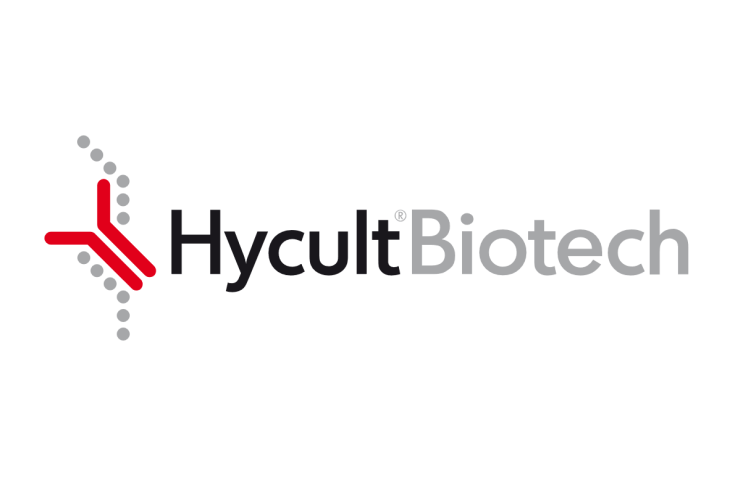-
Research area
- Biochemicals
- Blood and Biospecimens
- Cell biology
- Environmental
- Flow Cytometry
- Forensic Science
- Genomics
- Immunology
- Labware
- Microbiology
- Pathology
- Transplantation
429 Too Many Requests 429 Too Many Requests
nginx - Suppliers
- About us
- Resources
- Events
- Support
- Lab Services
- Promotions
Product description
The polyclonal antibody reacts with human VG5Q, a 84 kDa protein. VG5Q functions as an angiogenic factor in promoting angiogenesis and suppression of VG5Q expression inhibits vessel formation. Angiogenic factors are critical to the initiation of angiogenesis and maintenance of the vascular network. Angiogenesis has an essential role in pathological conditions such as cancer and various ischaemic and inflammatory diseases. VG5Q can bind to endothelial cells and promote cell proliferation, suggesting that the protein may act in an autocrine fashion. VG5Q interacts with TWEAK (also known as TNFSF12), another secreted angiogenic factor. VG5Q shows strong expression in blood vessels and is secreted when vessel formation is initiated. VG5Q protein was detected mostly in the cytoplasm and around the nuclei of human microvascular endothelial cells (HMVECs). Furthermore VG5Q is detected in human umbilical vein endothelial cells (HUVECs), human heart fibroblast (HHF) and ovarian cancer cells (OV-3), but low expression was detected in kidney cancer cells (RP-45), HeLa Cells and bladder cancer cells.
Specifications
Applications
IP, IHC-P, IHC-Fr, WB, ELISA
Isotype
Rabbit Ig
Supplier
Hycult Biotech
Shipping & storage
Shipping condition
Room Temperature
Storage temperature
2-8°C
Do you have any questions about this product?
Order your product by email
Productname
VG5Q, Human, pAb
HP9037-100UG
By filling out this form, you are placing an order by e-mail. You will receive an order confirmation within one working day. The order cannot be modified after receipt of the order confirmation.
Request a sample
Productname
VG5Q, Human, pAb
HP9037-100UG
By filling out this form, you request a sample. You will receive an order confirmation within one working day. The order cannot be modified after receipt of the order confirmation.
Are you looking for specific products, alternatives or documentation?











